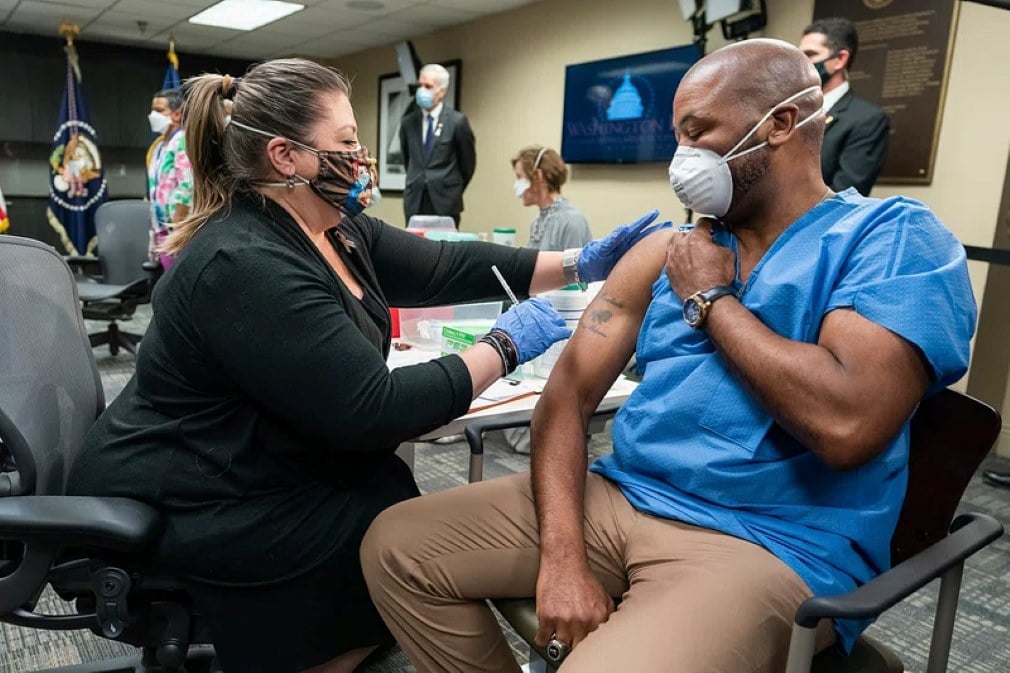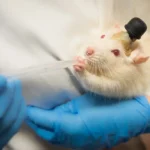A simple ten-minute test that could help prevent one of the deadliest cancers will soon be available in high street pharmacies across England. The NHS has announced a pilot program bringing the innovative “sponge on a string” test to dozens of Boots pharmacies starting early next year.
The test, aimed at people with persistent heartburn or acid reflux, can detect Barrett’s oesophagus – a condition that may lead to oesophageal cancer if left untreated. Around 1,500 people in London and the East Midlands will be the first to benefit from these “heartburn health checks” during the two-year pilot.
Persistent heartburn affects many people, but few realize it can signal something more serious. About 10,000 people are diagnosed with oesophageal cancer in the UK each year, with 80% of cases discovered at late stages when survival rates plummet to just 20% after one year.
“Too many people don’t realize that persistent heartburn and chronic reflux can be warning signs of something more serious, and that lack of awareness is costing lives,” explains Marcel Gehrung, Co-founder and CEO of Cyted Health, the company that developed the test.
The procedure is remarkably straightforward. Patients swallow a small pill attached to a string. Once in the stomach, the capsule dissolves, releasing a penny-sized sponge. After a few minutes, a healthcare professional gently pulls the string, retrieving the sponge which collects cells from the oesophagus lining as it comes up. These cells are then sent to a lab to check for pre-cancerous changes.
Unlike traditional endoscopy, which requires hospital visits and sometimes sedation, the sponge test can be completed in a pharmacy in under ten minutes. Previous NHS trials of the test have shown impressive results, with almost eight out of ten patients being discharged without needing further testing.
“Using the capsule sponge test as a diagnosis triage tool has had huge benefits for patients, avoiding the need for unnecessary gastroscopy in almost seven out of ten patients,” says Dr. Danielle Morris, a consultant gastroenterologist who has worked with the test.
The test also makes financial sense. Evaluation of NHS pilots showed the capsule sponge was highly cost-effective compared to endoscopy-only diagnosis – saving around £400 per patient.
Similar Posts
For Eddie, a 77-year-old Suffolk resident who suffered from heartburn most of his life, the test was life-changing. “It used to wake me up at night, but I always thought it was just one of those things,” he says. “To think that something as simple as swallowing a capsule could uncover a hidden risk is truly remarkable.”
After his test revealed Barrett’s oesophagus, Eddie received monitoring that caught cell changes early. “I am now able to get targeted treatment to stop my condition progressing to cancer, rather than finding out when it’s too late,” he explains.
If pre-cancerous cells are found during testing, patients can receive treatments to remove abnormal cells through endoscopy or a procedure called radiofrequency ablation, potentially preventing cancer from developing.
The pilot represents part of a broader strategic move by the NHS to make healthcare more accessible while tackling hospital backlogs. Pharmacists will identify suitable candidates by spotting people who regularly purchase over-the-counter heartburn medications but haven’t consulted their GP about persistent symptoms.
Professor Peter Johnson, NHS national cancer director, emphasizes the importance of this approach: “This new pilot brings a convenient test to where people shop, making it easier than ever for patients to check signs and symptoms that might be worrying them.”
Public Health Minister Ashley Dalton connects the initiative to larger government plans: “Last week, as part of our 10-Year Health Plan, we promised a neighborhood health service – convenient care nearer to where people live. Today’s announcement is a fantastic example of the life-saving potential of healthcare on your high street.”
The NHS has partnered with Boots, Cyted Health, and charity Heartburn Cancer UK for the pilot. Results from the independent evaluation will determine whether the program expands nationwide.
For now, this small capsule represents a significant step forward in cancer prevention – bringing a potentially life-saving test from hospitals to high streets, making early detection more accessible to those who need it most.



















